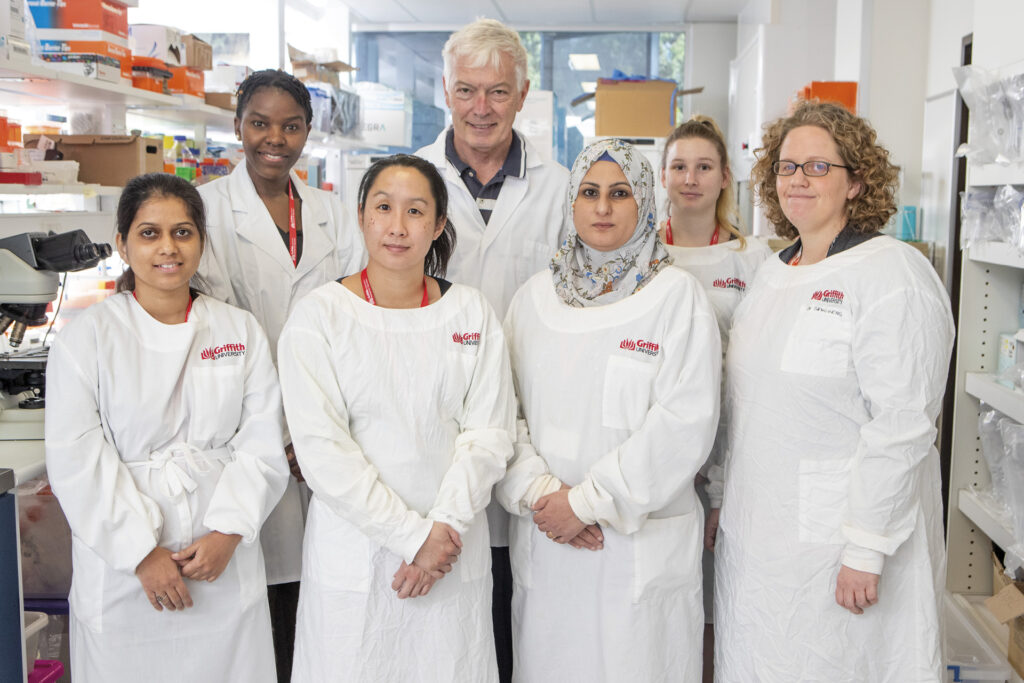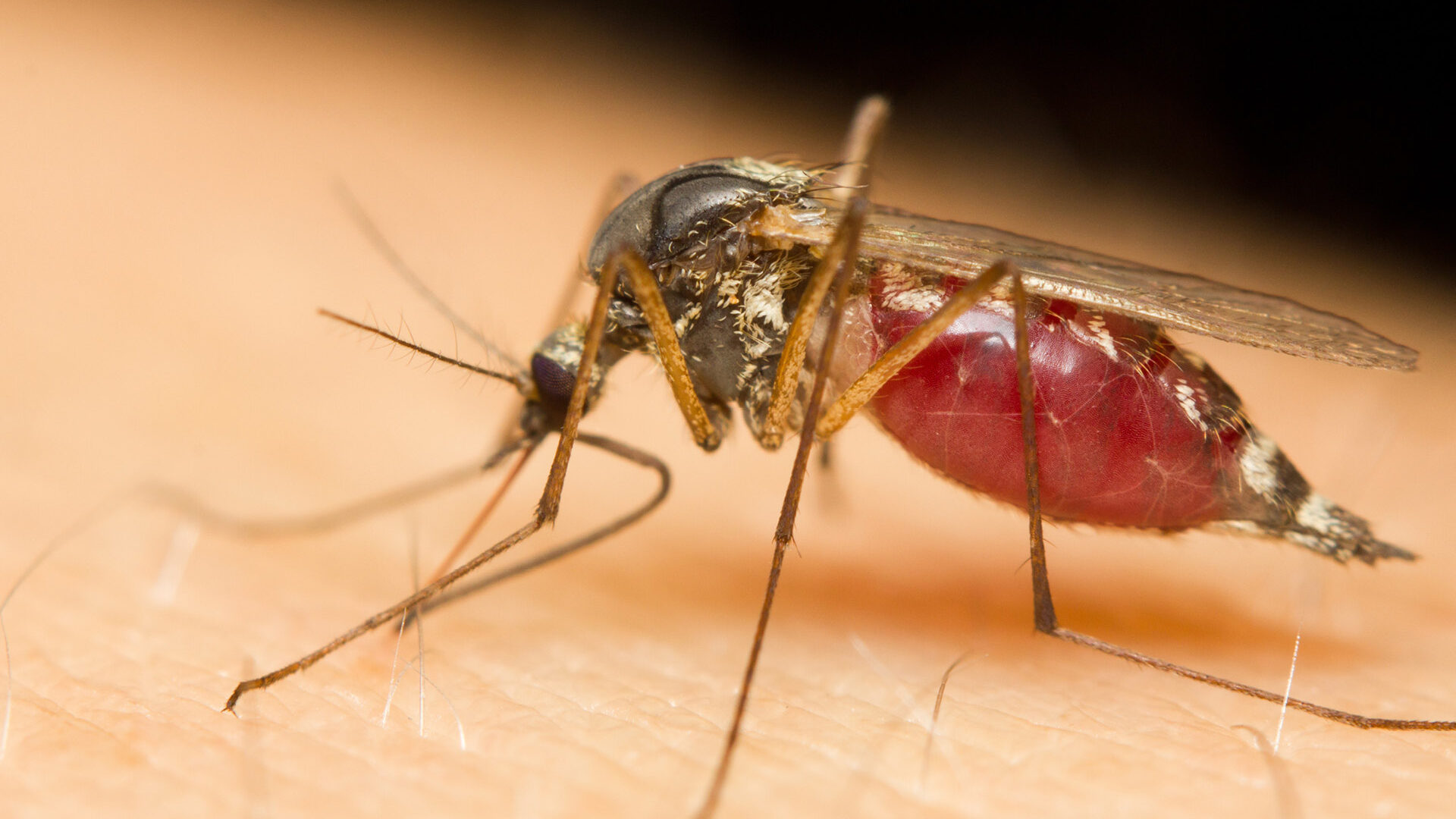By Graham Jones
Chair, Malaria Vaccine Project
Launched in March 2017 by then Governor-General of Australia, the Honourable Sir Peter Cosgrove AK AC CVO MC (Retd), the Malaria Vaccine Project (MVP) is a partnership between District 9640 and the Institute for Glycomics at Griffith University.
The aim of the project is to provide funding for Professor Michael Good’s promising malaria vaccine PlasProtecT®.
“Working together, ‘white coats’ and Rotarians can eliminate malaria. Let’s make it a reality!” Sir Peter said in launching the project.
In its 2020 report, the World Health Organisation (WHO) reported 241 million cases of malaria and 627,000 annual deaths, mostly children under five years and pregnant women. This critical situation is worsening through the COVID years and an effective vaccine is sorely needed.
Steered by its hard-working committee, MVP is registered with Rotary Australia Benevolent Society (RABS) and is sponsored by Rotarians Against Malaria (RAM).
“We began this endeavour when Professor Good and his team were stalled for funds and we have now raised $1.5 million to bring their vaccine to the cusp of clinical trials in an endemic country,” MVP Chair Graham Jones said.

Funds have come from Rotary districts and clubs all over Australia and overseas, friends of Rotary, foundations, private donors and Zarraffas Coffee. The Rotary Club of Hope Island leads the funding with its golf classics, black-tie dinners and boat-show involvement, but Mermaid Beach Rotarian Colin Welch wins the most innovative prize with his epic kayak journey.
With all this happening, it’s no wonder MVP received a matching grant of $500,000 from the Federal Government in 2019.
“Professor Good and his team have now produced a field-deployable form of PlasProtecT® that can be freeze-dried and transported anywhere in the world.”
Rotary-driven funds and other funds obtained by the university have enabled the blood form of the parasite to undergo a successful clinical trial, where human volunteers were given three injections of the vaccine and then challenged with a malaria parasite. Professor Good and his team have now produced a field-deployable form of PlasProtecT® that can be freeze-dried and transported anywhere in the world.
“The field-deployable form has produced excellent results in a challenge study with animals in 2021 and, in 2022, it will undergo its final preliminary studies: a toxicology assessment and a human trial to show that it is safe and activates the immune system,” Professor Good said.
MVP recently celebrated its fifth anniversary and Sir Peter and Lady Cosgrove returned as special guests. At the function MVP launched Challenge 22 to raise $300,000 this year so as to meet the shortfall in funding needed to complete the preliminary studies. This funding is critical as it paves the way for a human challenge trial in an endemic country and takes us one-step closer to saving precious children’s lives.
For more information on MVP, visit www.malariavaccineproject.com
